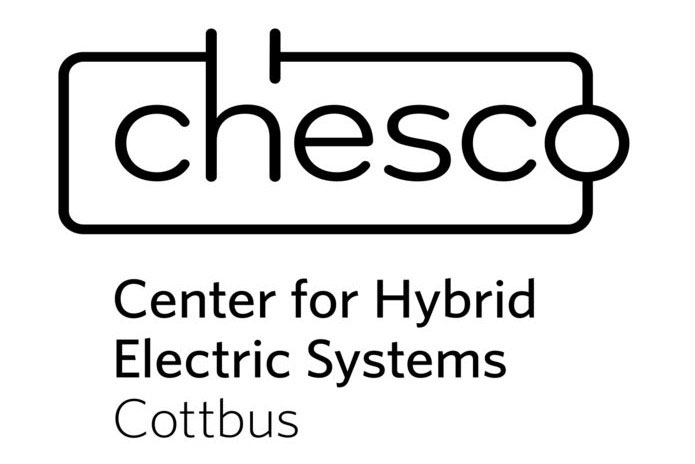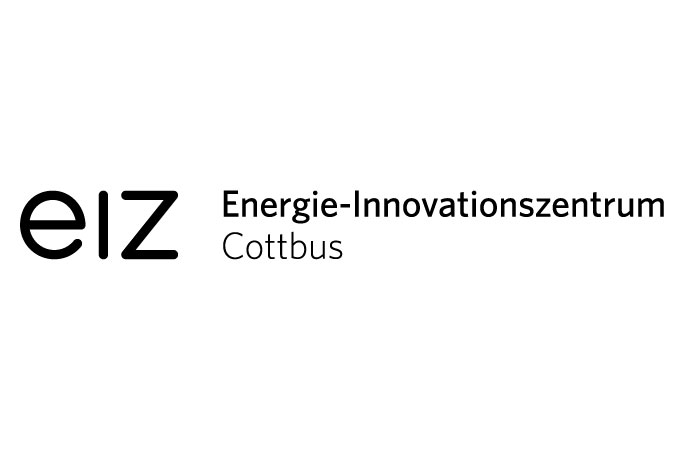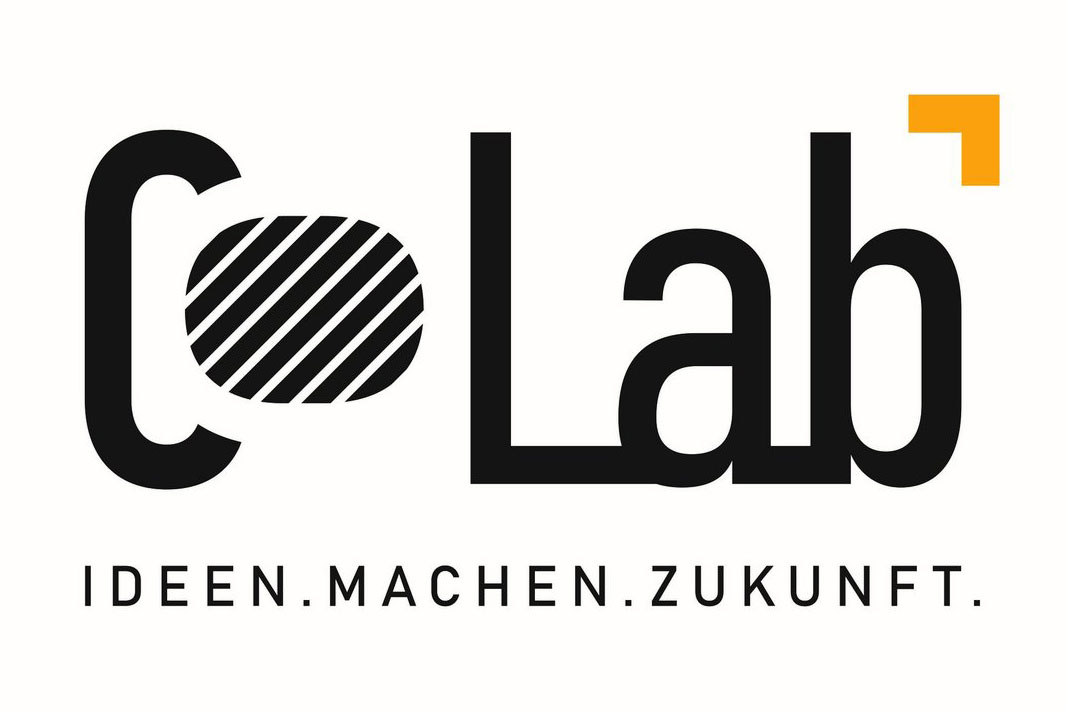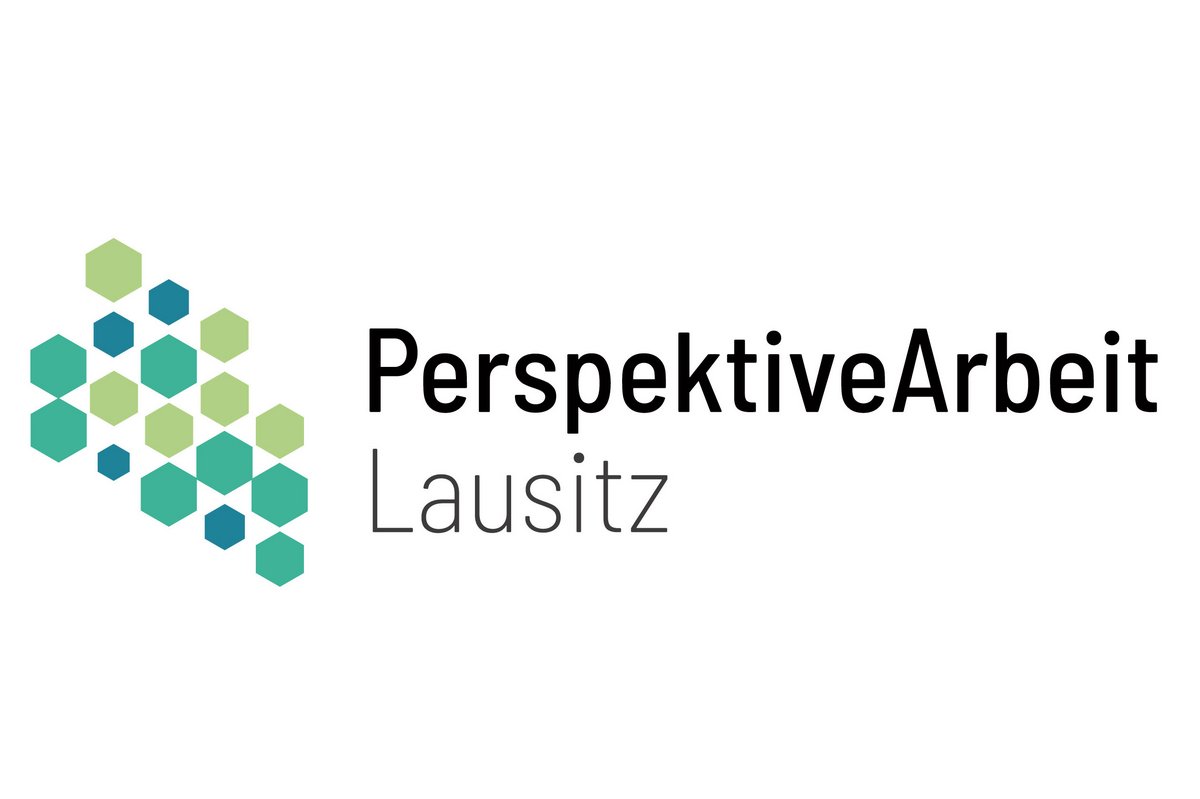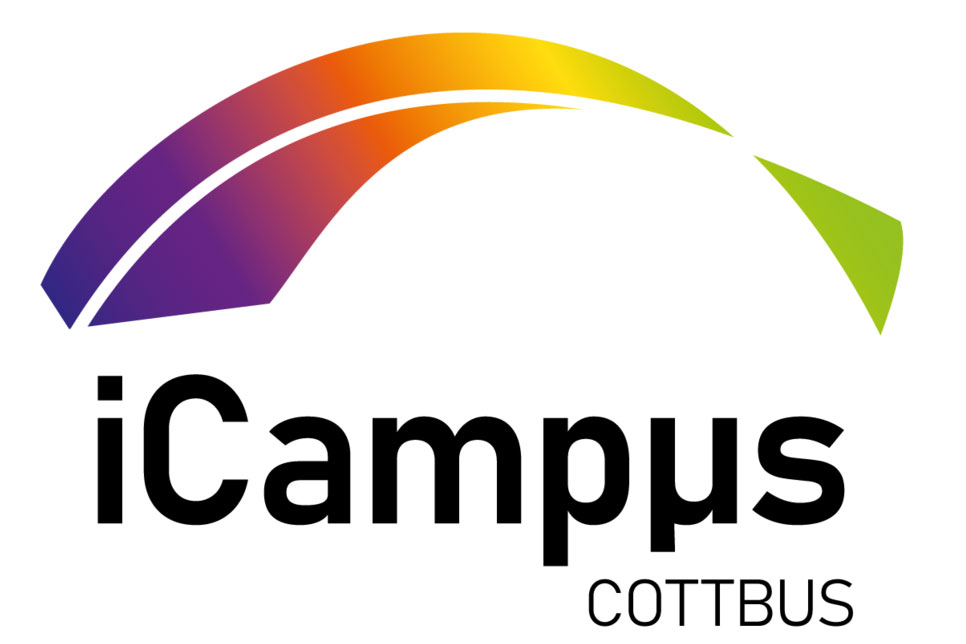Structural strengthening projects
On July 3, 2020, the Bundestag and Bundesrat passed the Coal Regions Structural Strengthening Act, which came into force on August 14, 2020 and implements the structural policy recommendations of the Growth, Structural Change and Employment Commission.
Under the Coal Regions Investment Act, the lignite regions will receive financial assistance for significant investments by the states and municipalities until 2038 (Arm 1). In addition, the federal government supports the regions through further measures, such as the expansion of research and funding programs, the development of transport infrastructure projects or the establishment of federal facilities (arm 2).
An important component of the second arm is the STARK federal program, which was designed specifically for the situation of coal regions and supports an economically, ecologically and socially sustainable transformation of these regions.
From this Coal Regions Investment Act, the BTU Cottbus-Senftenberg, together with numerous institutes and non-university institutions, has obtained structural aid, which flows into the realization of exciting research projects.
Energy transition and decarbonization
Germany has set itself an ambitious goal with the energy transition: a sustainable and environmentally friendly energy supply - away from nuclear and fossil fuels and toward renewable energies. At the same time, the energy transition is one of the biggest global research topics of our time, because: coping with climate change requires very fundamental changes to our energy systems. The BTU Cottbus-Senftenberg researches technical solutions for climate change and integrates central research topics in the areas of energy production, storage and use, for example for smart energy grids, low-CO2 industrial processes, but also for drives for the mobility of the future.
Projects:
SpreeTec neXt – New manufacturing technologies of decentralized power engineering
Prof. Dr. Vesselin Michailov | Prof. Dr. Holger Seidlitz
As an innovation center for photonic materials and production technologies, the focus is on holistic value chains with integrated research and resource-efficient manufacturing.
Health and Life Science
The establishment of a university medical center in Cottbus is one of the largest, most economically significant and most sustainable projects in the structural development process of Lusatia. In cooperation with non-university research institutions and partners from health, care and technology companies, the model region of Lusatia is being developed into an innovation hub for digitization in medicine. In cooperation with non-university institutes and companies in the region, scientists are conducting research in the field of molecular medicine, on a new generation of drugs and on the use of stem cells, and are promoting spin-offs.
Projects:
Global change and transformation processes
Structural change is not only an economic process, but also influences and changes society through different channels of impact. Regional settlement structures are changing and some sub-regions need to be particularly active in finding ways to reverse demographic trends. Interdisciplinary approaches ranging from environmental science, climate change, post-mining landscapes and urban planning to the economic and social consequences of structural change are part of the research at the university.
Projects:
Artificial intelligence and sensor technology
The topics of artificial intelligence and sensor technology are central to the university and are highly valued in the regional economy. As central transfer topics of the BTU, they can strengthen the innovation and competitiveness of companies, research institutions and Lusatia. The focus is on both basic and applied research on artificial intelligence, always in compliance with ethical standards.

